Articles containing: bullying
¿Qué Hago Si Mi hijo Es Acosado (Le Hacen “Bullying”)?
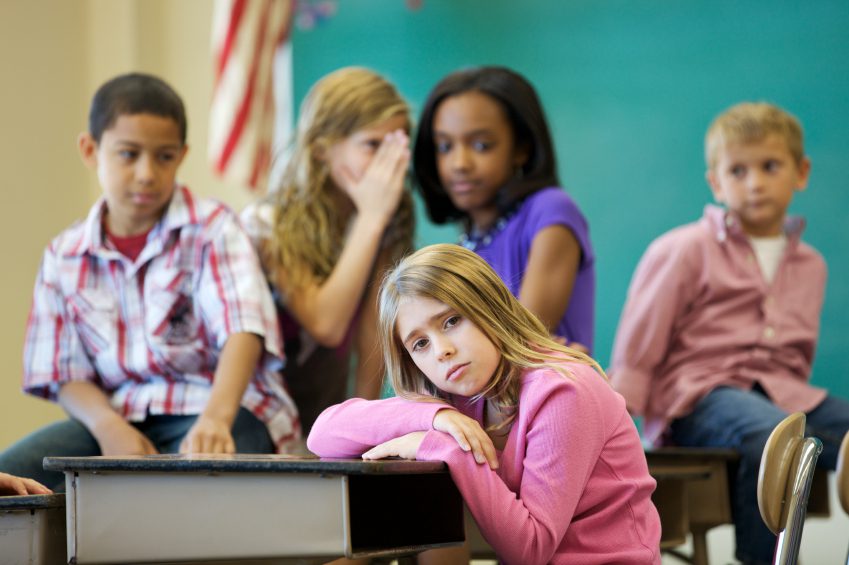
Hasta hace unos seis o siete años, el término “bullying” estaba prácticamente ausente de nuestro vocabulario diario. De hecho, hace seis o siete años, si uno le hubiera pedido a alguien que definiera “acoso”, probablemente le hubieran dicho que la palabra en sí era antigua y pasada de moda.
HOME: Bringing Voice to Youth Who Have Experienced Homelessness
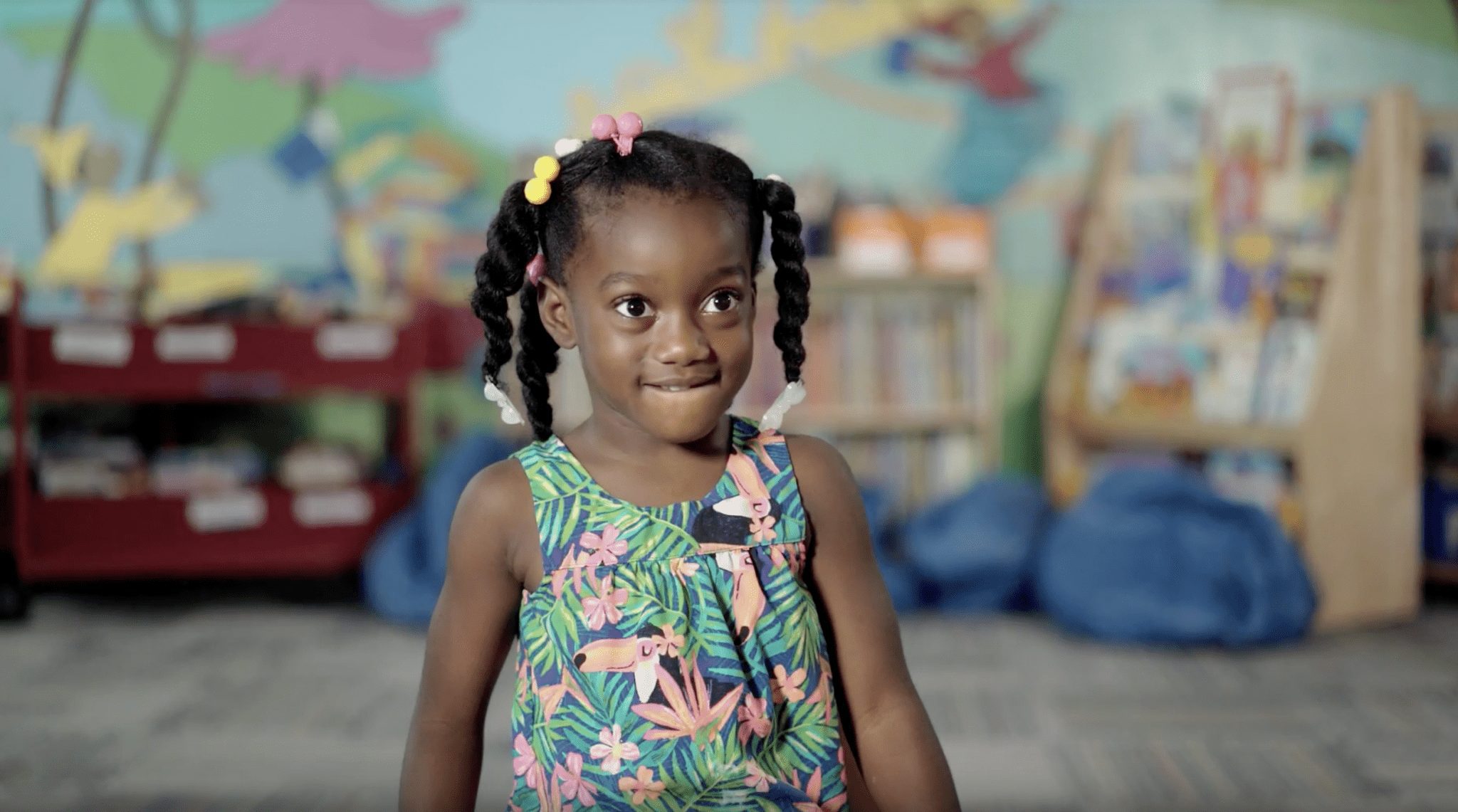
Ask your children or the young people in your life:
“What is a home?”
“What do you want to be when you grow up?”
How do their answers compare to the children in this video?
No matter their background, no matter where they live, all child
Our Greatest Strengths, Part 2 – Shrinking It Down

You can also subscribe to this podcast on SoundCloud, iTunes, Google Play, Stitcher, TuneIn, and most podcast apps.
***
At the Clay Center for Young Healthy Minds, we think a lot about helping kids as they’re growing up with all sorts of challenges.
Potential Harms of Hazing Initiations

Hazing isn’t something on the minds of most parents as they send their kids off to college, hoping they’ll find satisfying social experiences.
What Do I Do If My Child Is Bullied?

Este artículo está disponible en español.
Here’s a weird fact.
Until about six or seven years ago, the term “bullying” was pretty much absent from everyday use.
What Families Should Know About Suicide
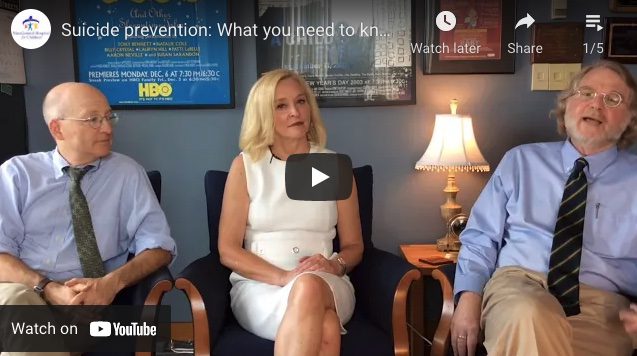
Many families are growing more concerned about suicide, especially among young people. Yet, suicide is often preventable when family members, friends, and communities learn how to recognize warning signs and connect those who are struggling with help.
Growing Up With a Sibling With a Disability

“You don’t understand, Mom!” I said. “They were making fun of him! They were imitating his speech and laughing!”
My mom shrugged. It would take more than a couple of small-town high school punks to get her attention.
School Refusal: When Back-to-School Is a Struggle
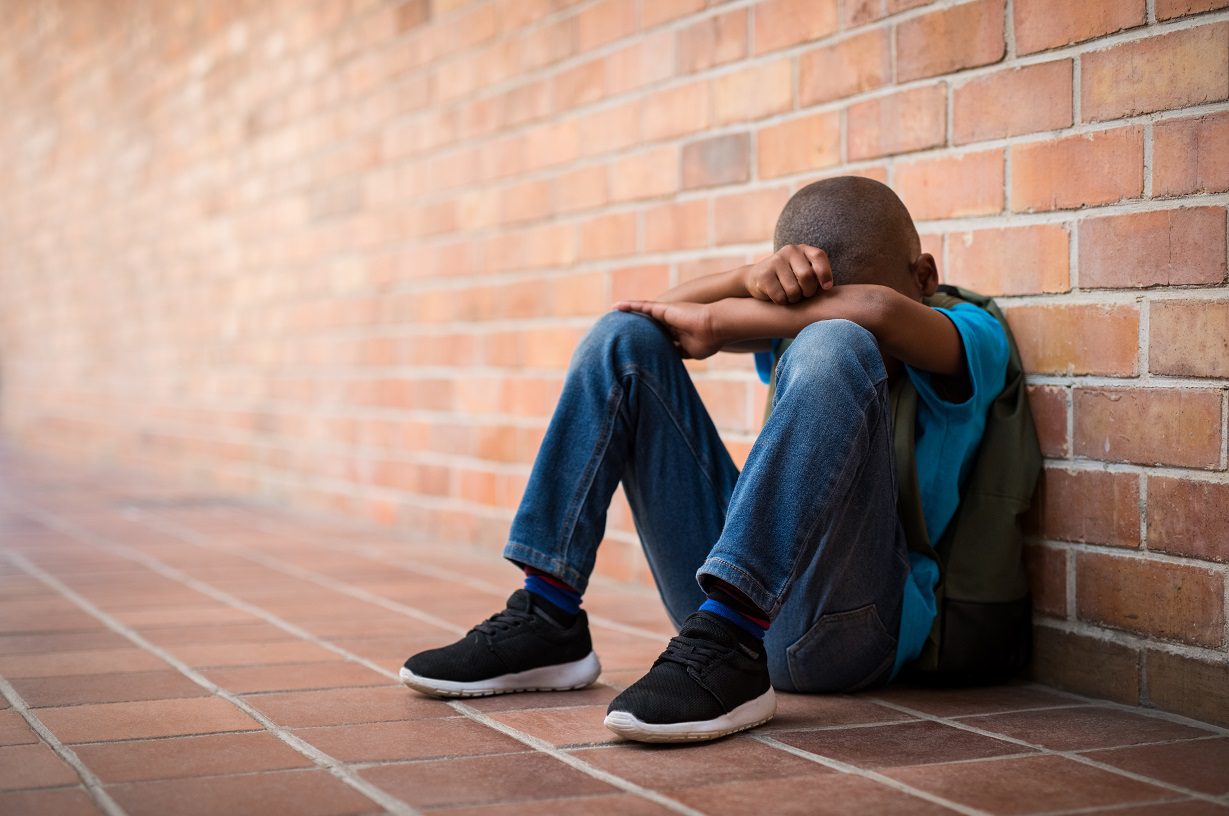
PDF Download – School Refusal
Jump to: Ways to Help
Most school-age kids are typically eager to head back to school after a break.
Muslim Children: Addressing Prejudice and Xenophobia
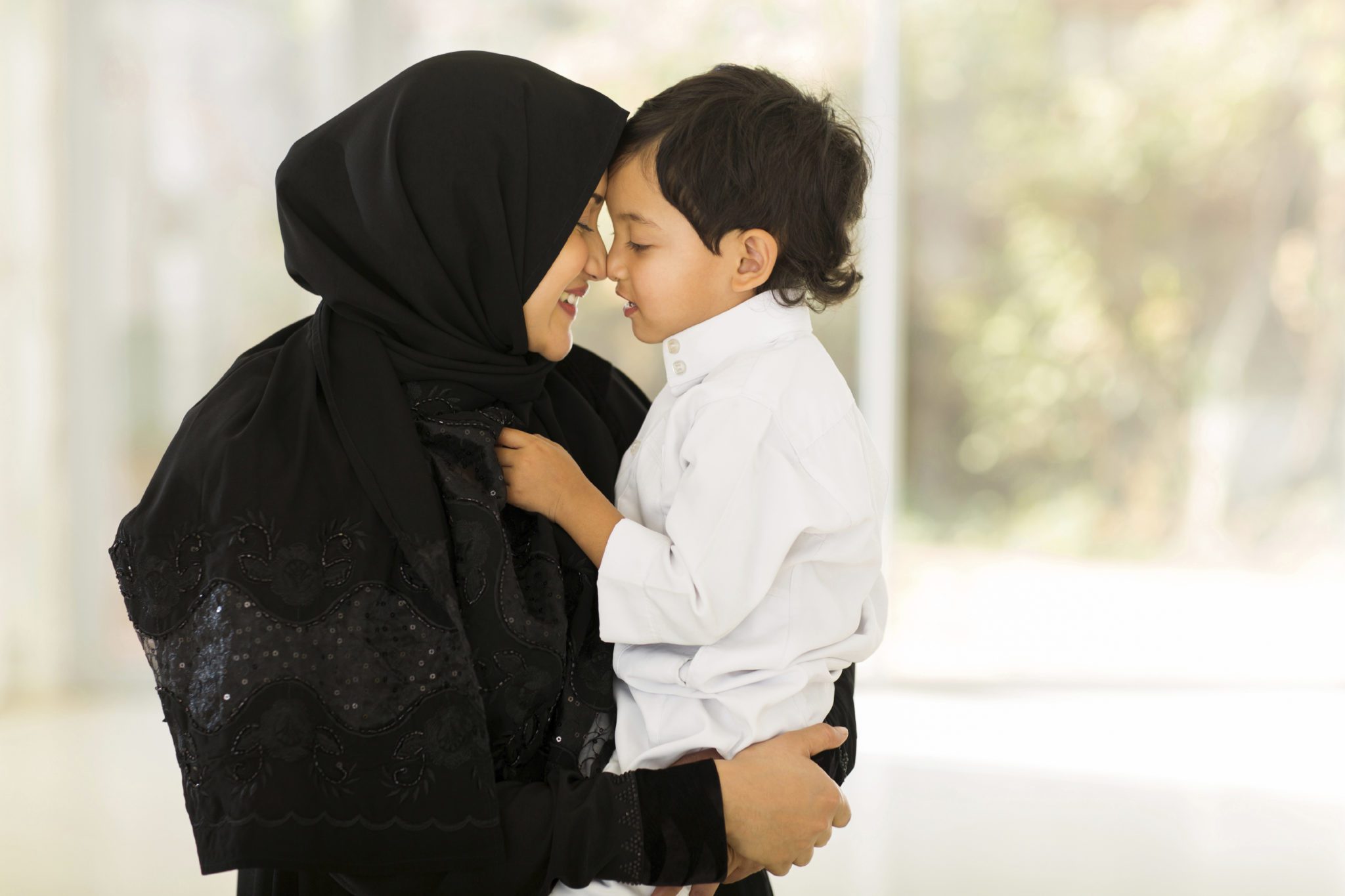
As an adult Muslim, I find it disconcerting, and at times, downright frightening, to hear xenophobic statements about keeping Muslims out of the country. In my work as a child psychiatrist, I’m hearing from Muslim parents across the country that their children are coming home to them with difficult questions and intense emotional reactions.
Kids at Risk for Violence: Warning Signs of Aggression

Some kids will become violent as adolescents.
Many have a very short fuse, exploding over the smallest thing. Others, like a ticking time bomb, harbor pent up anger until something pops.



